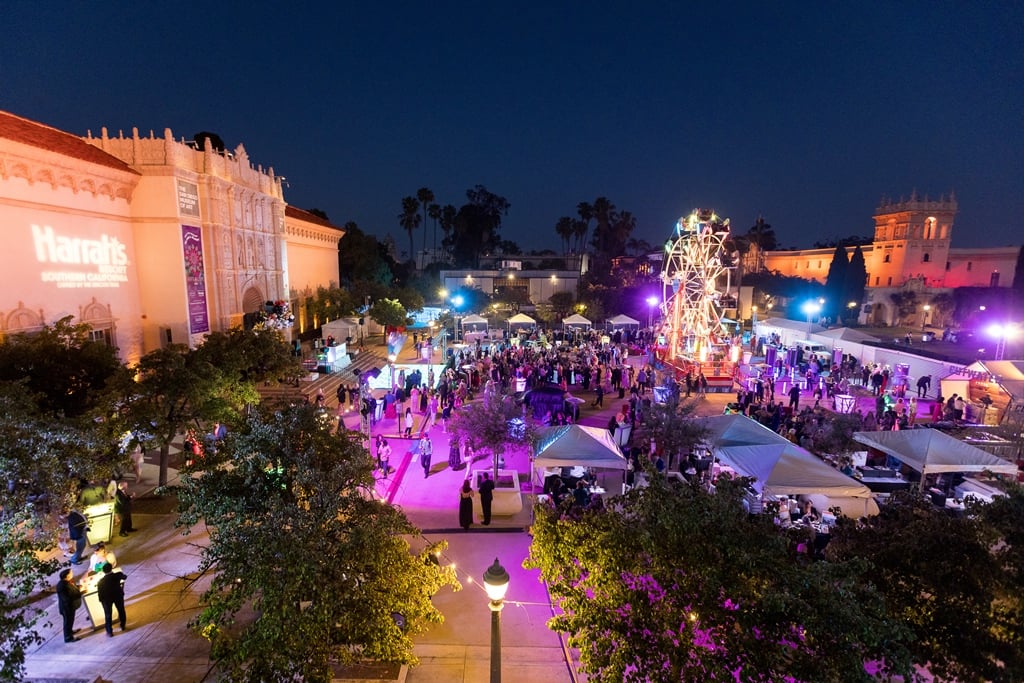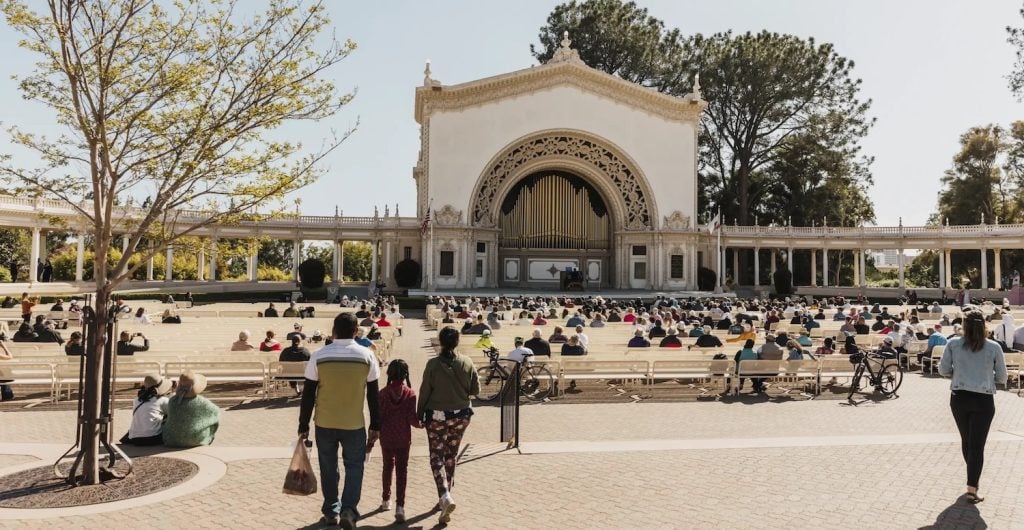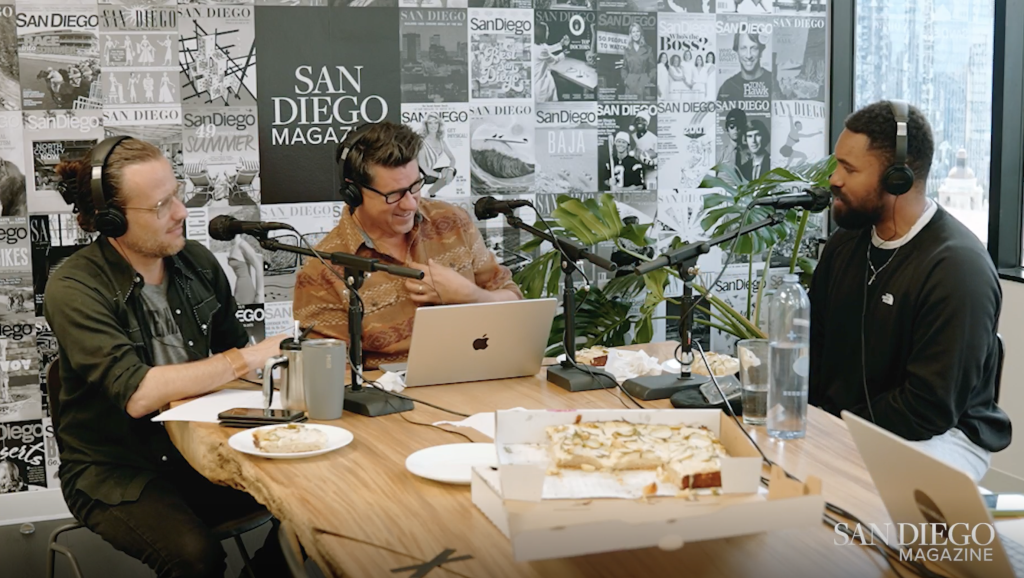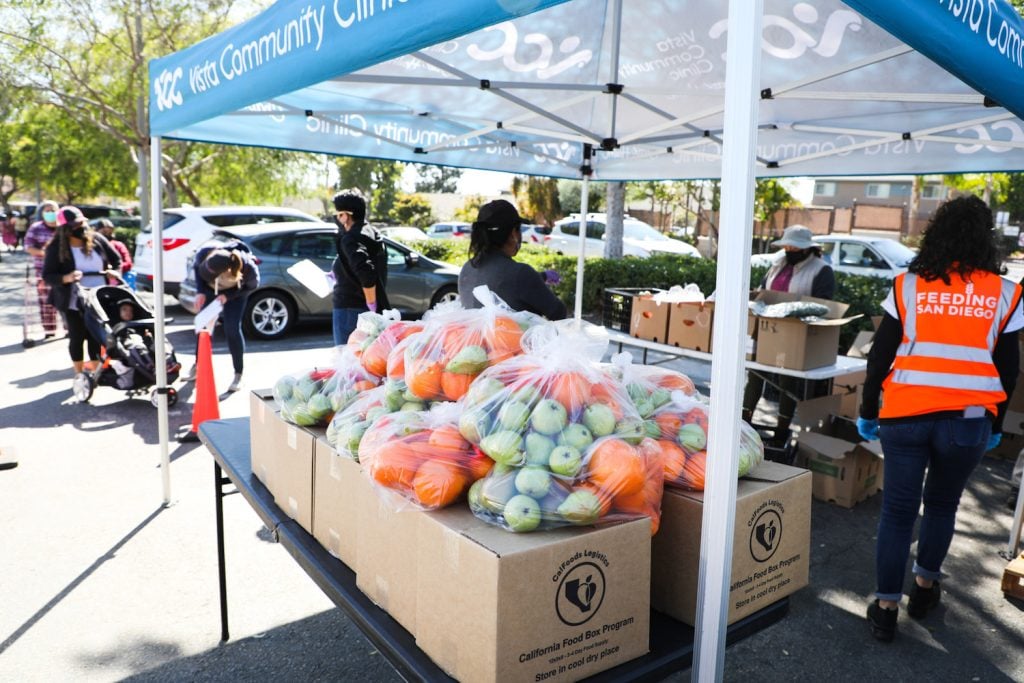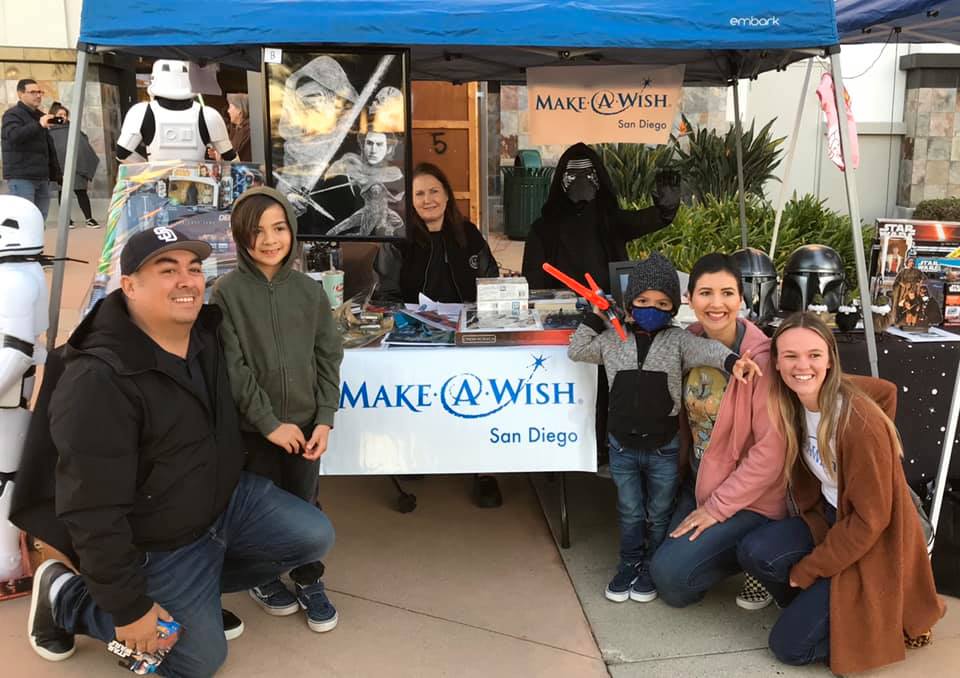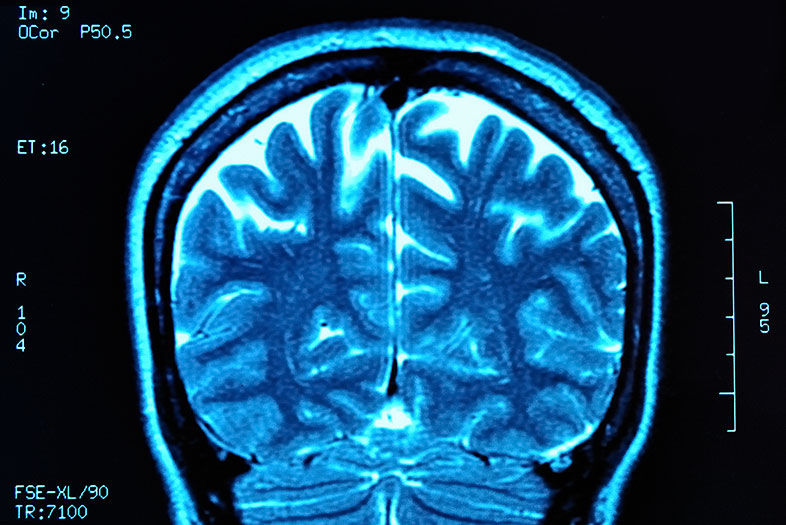People sometimes joke about senior moments: misplacing a set of keys, forgetting a name, staring into the refrigerator and wondering why they’d opened it in the first place. These are frustrating, but they’re probably not dementia.
“The thing that worries us is not when people start having slight forgetfulness; it’s when they start having problems that make a difference in their lives,” says Michael Lobatz, medical director of neurosciences at Scripps Health and co-chair of San Diego’s Alzheimer’s Project. “They miss appointments, they forget to file their taxes, they can’t balance their checkbooks anymore.”
Dementia is a class of disorders that includes Alzheimer’s disease and vascular dementia, among others. As the name implies, vascular dementia is caused by hardening arteries, generally accompanied by strokes, while Alzheimer’s is associated with protein plaques and tangles, which may cause cognitive decline. But it’s not so cut-and-dry; researchers are trying to figure out the cause and effect link.
Fighting Back
The most effective way to fight dementia is to embrace a healthy lifestyle: eat well, exercise, adopt antistress practices, such as meditation and yoga, and get a good night’s sleep. Improvements in cardiovascular health will help boost blood flow to the brain and reduce stroke risk.
Though the research is incomplete, these wellness measures might also help fight Alzheimer’s, a disease sometimes called “Type 3 diabetes” due to its dependency on glucose levels. The brain uses 20 percent of the body’s energy, which means it needs a lot of blood sugar (glucose), and any problem with its glucose metabolism could lead to neurological disorders.
“When there’s this energy shortage or difficulty processing sugar, you may get changes in the brain,” says Lobatz. “There’s a theory that there’s a link, in some loose way, to Alzheimer’s disease.”
Lobatz also recommends staying mentally active: learn new skills, read, go to classes, take up hobbies, be social. Make those synapses work for a living.
“Keep your mind active, exercise, and eat well.” Doctor’s orders!
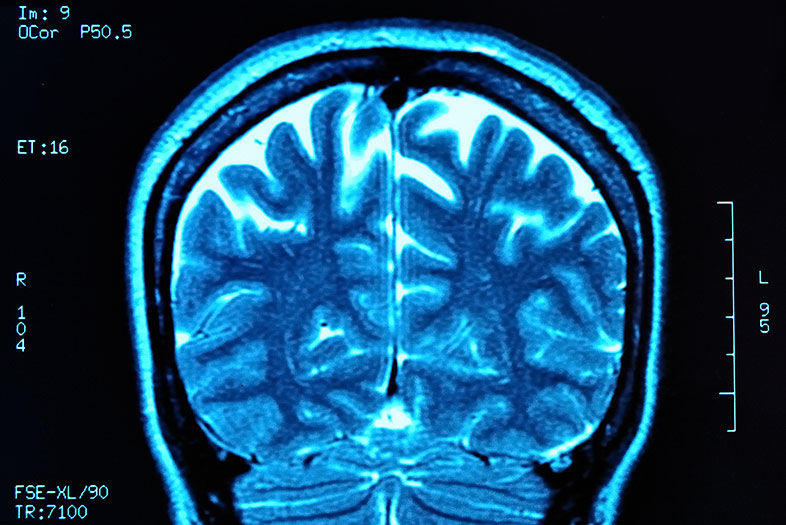
When is a Senior Moment Actually Dementia?




